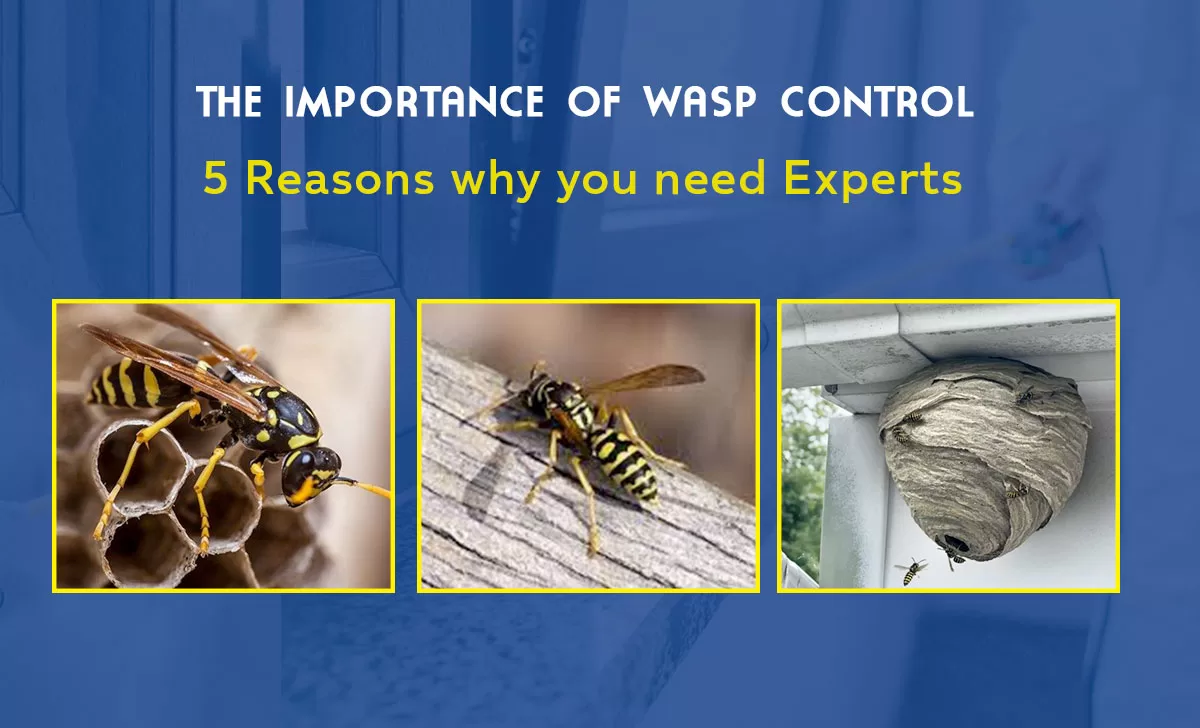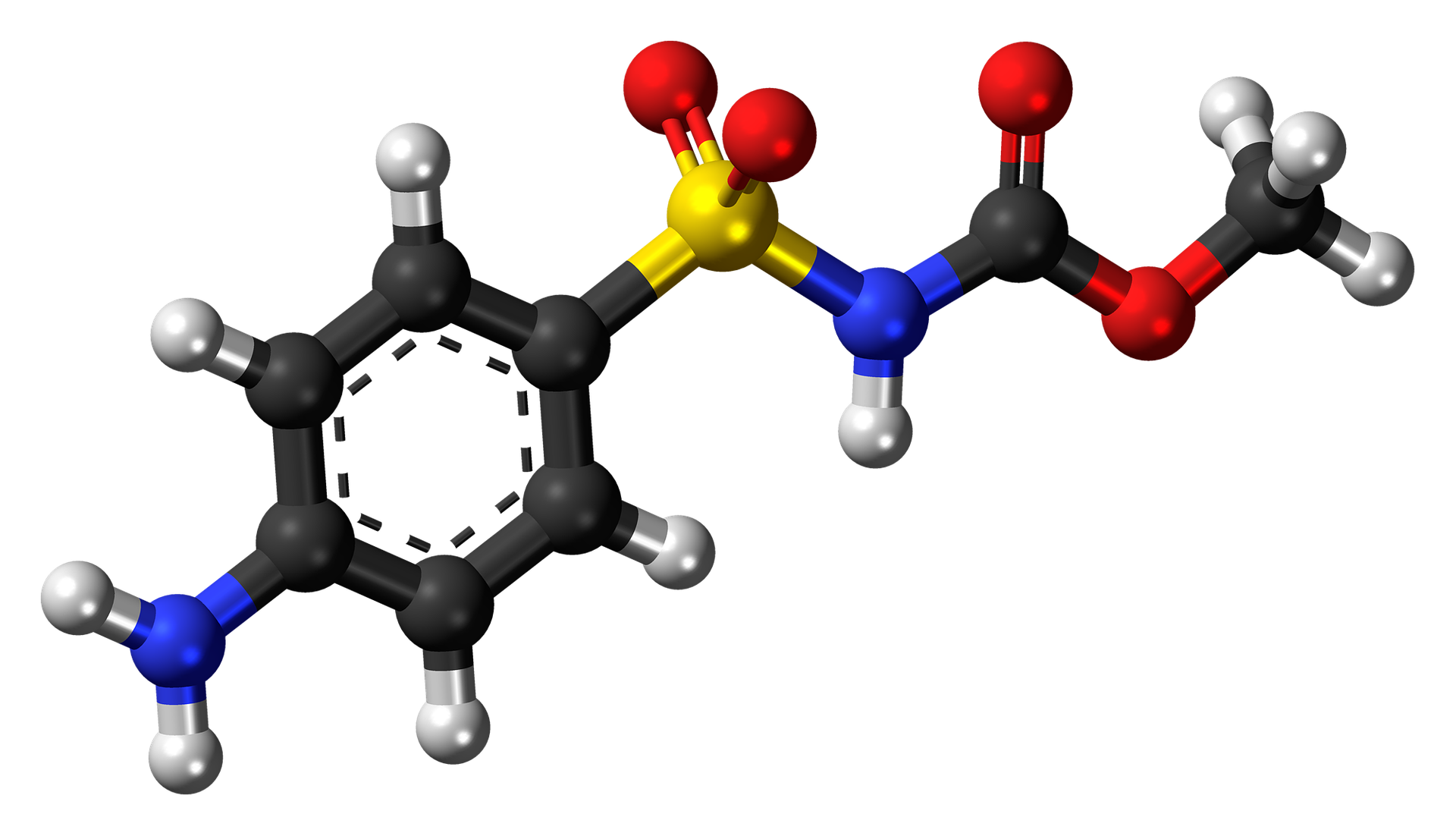Australia is known for its diverse wildlife, and this includes a variety of wasp species.
From the European wasp to the paper wasp and mud dauber wasp, these buzzing insects can be found throughout the country.

Their prevalence extends to different regions, making them a common occurrence in both urban and rural areas.
Importance of addressing wasp infestations promptly and effectively
While wasps play a role in the ecosystem, their presence in and around human habitats can pose risks and problems. Wasp infestations can lead to several issues, including:
1. Stings and Health Risks:
Wasps are known for their ability to sting, and their stings can cause pain, swelling, and allergic reactions in some individuals. For those with allergies, wasp stings can be life-threatening.
Promptly addressing wasp infestations helps minimize the risk of stings and associated health risks.
2. Nuisance and Disturbance:
Wasps can be a significant nuisance, especially when they build nests near homes, gardens, or recreational areas.
Their constant presence can disrupt outdoor activities and reduce the overall enjoyment of outdoor spaces. Taking swift action against wasp infestations is crucial for maintaining a comfortable living environment.
3. Structural Damage:
Certain wasp species, such as mud daubers, can construct nests inside buildings, walls, or attics.
Over time, this can lead to structural damage and compromise the integrity of the affected areas. By addressing infestations promptly, the potential for structural damage can be minimized.
4. Impact on Agriculture and Ecology:
Some wasp species, such as the European wasp, pose threats to agriculture and native ecosystems.
They can damage crops, prey on beneficial insects, and disrupt ecological balance. Effective wasp control measures help protect agricultural resources and maintain ecological stability.
Potential health risks associated with wasp stings in Australia
In Australia, encounters with wasps can lead to various health risks. Wasp stings can cause immediate pain, swelling, and redness at the sting site.
Read Also :
However, some individuals may experience more severe reactions, such as:
Allergic Reactions:
For certain individuals, wasp stings can trigger allergic reactions. These reactions can range from mild to severe and may include symptoms like itching, hives, difficulty breathing, nausea, and vomiting.
Anaphylaxis:
In rare cases, a severe allergic reaction known as anaphylaxis can occur. Anaphylaxis is a life-threatening condition that requires immediate medical attention.
Symptoms may include difficulty breathing, rapid heartbeat, drop in blood pressure, loss of consciousness, and swelling of the throat.
Discussion of allergic reactions and their severity
Allergic reactions to wasp stings can vary in their severity. Some individuals may experience mild localized reactions, characterized by redness, swelling, and itching around the sting site.
These reactions usually subside within a few hours or days.
However, others may develop more severe systemic reactions.
These reactions can involve multiple body systems and may include symptoms such as:
- Swelling of the face, lips, or throat
- Difficulty breathing or wheezing
- Nausea, vomiting, or abdominal cramps
- Dizziness or lightheadedness
- Rapid or weak pulse
- Loss of consciousness
It is important to recognize the signs of a severe allergic reaction and seek immediate medical assistance if they occur.
Importance of professional wasp control in minimizing health risks
To minimize the health risks associated with wasp stings, professional wasp control is essential.
Expert technicians are trained to safely and effectively remove wasp nests, reducing the likelihood of stings and preventing further infestations.
Their specialized knowledge and equipment allow for thorough nest removal, minimizing the chances of wasps returning.
Professional wasp control also ensures the use of appropriate methods and treatments that comply with safety regulations.
By entrusting the task to professionals, you can have peace of mind knowing that the health risks associated with wasp infestations are being properly addressed.
Their expertise and experience help minimize the potential for stings and allergic reactions, creating a safer environment for you, your family, and your visitors.
By engaging professional wasp control services, you can effectively mitigate the health risks associated with wasp stings and ensure the well-being of yourself and those around you.
Why seek help from professional Wasp control services?
Need for expert wasp nest removal to prevent further property damage and nuisance
To effectively address the property damage and nuisance caused by wasp infestations, it is crucial to seek professional wasp nest removal services.
Expert technicians have the knowledge, experience, and specialized equipment to safely remove wasp nests from various locations on the property.
Professional wasp nest removal not only eliminates the immediate threat but also helps prevent future infestations.
By thoroughly removing the nests and implementing preventive measures, professionals can minimize the likelihood of wasps returning and causing further property damage or nuisance.
Also, professional technicians can assess the property for potential entry points or conducive conditions that attract wasps.
By addressing these underlying factors, they can help create an environment that is less attractive to wasps, reducing the risk of future infestations and the associated property damage and nuisance.
Seeking expert wasp control services is essential to ensure the complete removal of nests, prevent further damage, and restore the comfort and enjoyment of your outdoor spaces.









